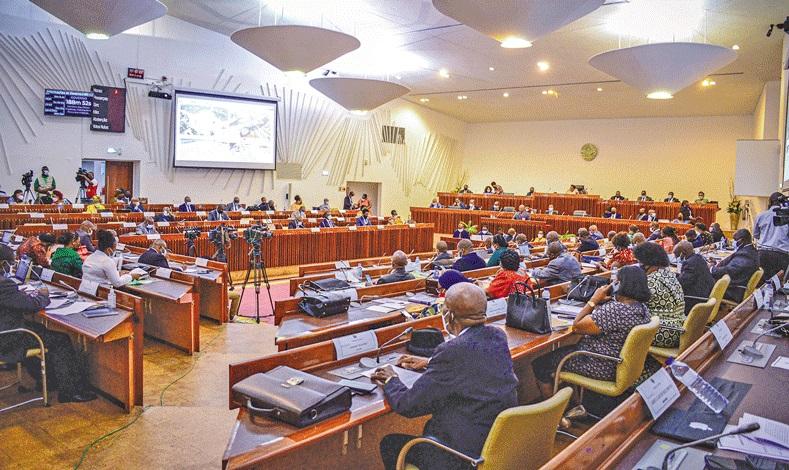Africa-Press – Mozambique. The Assembly of the Republic last Thursday (24-11) approved, by consensus and in general, the proposal to revise the Professional Education Law.
According to the government, the reform will guarantee quality in higher education.
“The law arises from the need for better systematic organisation and harmonisation of aspects that concern the structure of regulation and quality assurance of Professional Education, clarifying, on the one hand, the issue of guardianship that, with the new governing structure, passed to the domain of the newly created Secretariat of State for Technical and Professional Education and, on the other hand, clarifying some inaccuracies observed during the process of its implementation, as well as adjusting the terminology to the regional and international current situation in the field of Professional Education,” said Daniel Nivagara, Minister of Science, Technology and Higher Education.
Under the approved revision, private companies operating in the country are obliged to contribute on a monthly basis up to one percent of the total value of their payroll to the National Fund for Professional Education. The legal instrument also provides for the creation of a National Authority for Professional Education.
Tutelage of professional education institutions is currently exercised by the bodies that oversee the corresponding areas, and financial and patrimonial autonomy of professional education institutions is also proposed, provided that the requirements set forth in Law No. 14/2020 of 23 December, which establishes the principles and norms for the organisation and functioning of the State Financial Administration System (SISTAFE), are met.
According to the Mozambican National Resistance (Renamo), the reform will not solve the problem of quality as long as corruption prevails.
“The review, by itself, will not solve the quality problem. The problem in this country is not the lack of laws, but non-compliance with them and violation of them. It [the problem] is corruption, nepotism, and financial and academic fraud,” Renamo deputy Fernando Jossias said.
The Democratic Movement of Mozambique (MDM) bench says that the measure will only harm the business sector, creating a setback to the national economy.
MDM deputy Silverio Ronguane pointed out: “One percent of VAT is not levied directly on companies, because the final consumer is the one who pays, but the one percent that is being discussed here is actually levied on companies. Say it: Do you want to reduce or increase the tax burden?”
Frelimo takes the opposite view: “These measures will ensure more equitable socio-economic development. It is a challenge, in fact, but it is possible, as long as we accept the sacrifice that these changes impose,” Frelimo deputy Bento Mutsane reiterated on Friday.
The law was passed, despite opposition benches’ objections.
For More News And Analysis About Mozambique Follow Africa-Press






